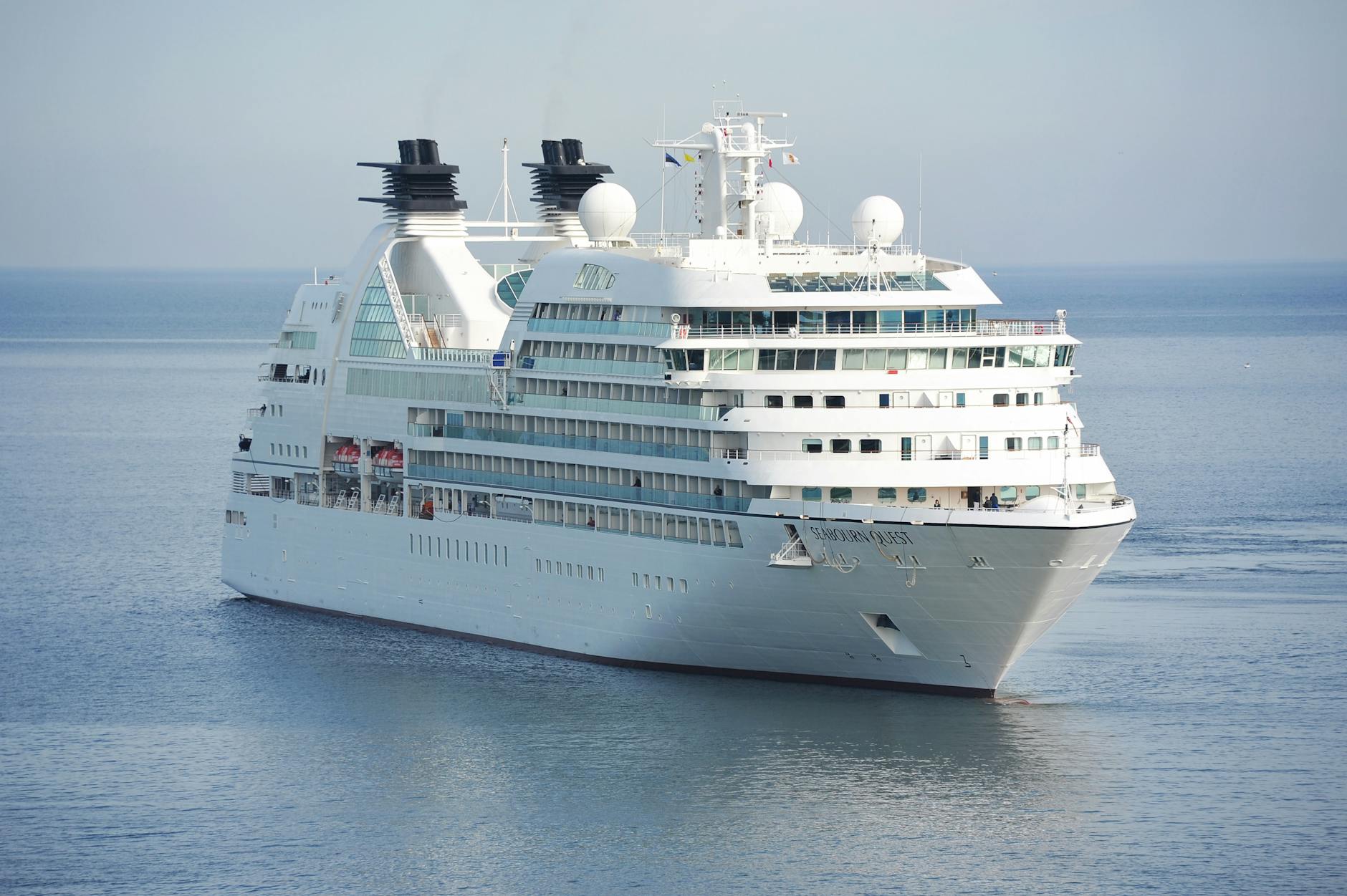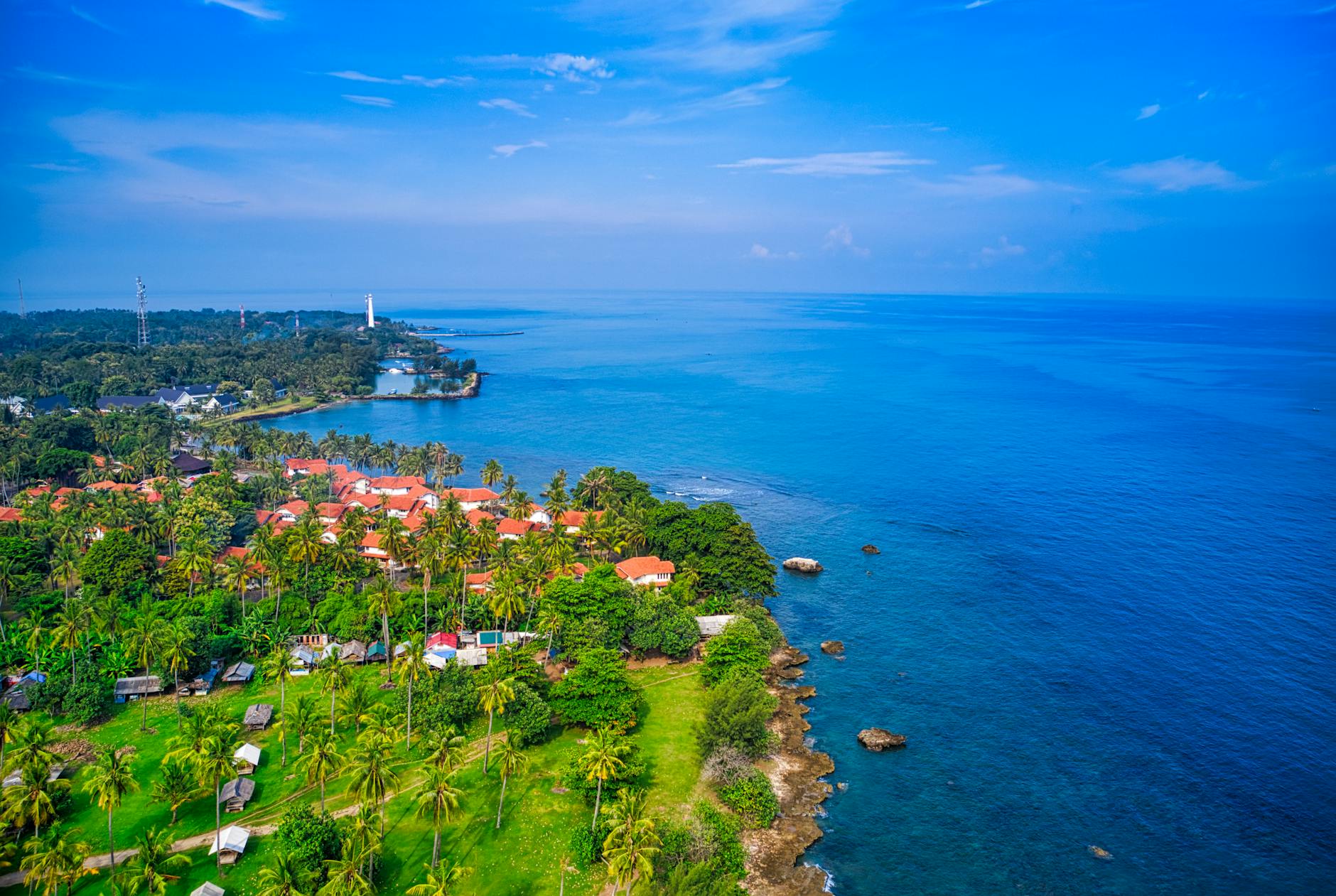How to Incorporate Australia into Your Next Marine Expedition

Exploring Australia's Unique Marine Environments
Australia's marine environments offer an unparalleled tapestry of biodiversity and ecological significance, which has been a focus of my personal research interests. For those keen on understanding the intricacies of marine ecosystems, particularly around the Galapagos Islands, a thoughtful exploration of Australia's waters can serve as a valuable comparative study. In my fieldwork, I've often drawn parallels between these unique habitats, integrating insights on eco-diversity from initiatives like machu picchu tours and galapagos cruise experiences to paint a strategic picture of marine conservation practices.
The Great Barrier Reef
The Great Barrier Reef is a living testament to the vibrancy of marine life. Beyond its stunning beauty, it serves as a critical hub for marine biodiversity research. My investigations here frequently reveal the reef's role in supporting complex food webs, highlighting its vulnerability to climate change and human activities. Exploring the reef's wonders allows us to apply conservation strategies akin to those examined in galapagos tours, ensuring reef health and resilience.
Ningaloo Coast
The Ningaloo Coast, with its fringing coral reefs, offers an up-close perspective on the interactions within marine ecosystems. During field visits, I’ve observed the integral role of these structures in safeguarding fish populations and supporting migratory species. Drawing on studies conducted at the UWA Oceans Institute and personal insights, the coastal dynamics present an exciting opportunity for budding marine scientists to engage with similar eco-concepts observed in Rottnest Island's marine habitat.
Southern Ocean Ecosystems
The Southern Ocean stands as a frontier for understanding the Earth's climatic balance. Studies of its cold, nutrient-rich waters contribute valuable insights into carbon cycling and global thermohaline circulation. During my interactions at the Western Australian Maritime Museum, I've shared findings on the adaptive strategies of marine species in extreme conditions, underlining the importance of continued research and conservation efforts in regions experiencing rapid environmental changes.
Planning Your Marine Expedition
Setting Research Objectives
When planning a marine expedition, the first step involves defining clear, actionable research objectives. Whether targeting specific marine life or assessing oceanographic patterns, having well-defined goals will aid in resource allocation and logistics planning. Drawing from my own experiences, establishing a firm focus on topics like central america tours can set a structured path. This can be particularly advantageous if you're pairing Southern Hemisphere insights with eco-conservation efforts.
Coordinating with Local Experts
Collaborating with local specialists is indispensable for an effective expedition. I strongly recommend leveraging the expertise found at facilities like UWA Oceans Institute. Not only do these experts possess an intimate understanding of local conditions, but their insights can be crucial for navigating the complexity of unfamiliar marine environments. For instance, identifying specific currents around the Galapagos Islands becomes manageable with input from specialists experienced in galapagos islands tours.
Navigating Permit Requirements
Securing permits is a critical yet often intricate aspect of marine expeditions. This process can be streamlined by coordinating with regional authorities and local organisations well-versed in the regulatory landscape. Engaging with the staff at the Western Australian Maritime Museum has frequently proven beneficial. Their expertise highlights jurisdictional nuances that can significantly influence research planning and execution. This ensures compliance and fosters smooth operations during field excursions.
Best Practices for Data Collection
Advanced Sampling Techniques
As a marine biologist, my exploration of marine ecosystems frequently involves employing sophisticated sampling techniques that can capture the vast diversity these habitats offer. From my recent fieldwork in the waters near Rottnest Island, I found that methods such as underwater visual surveys and remotely operated vehicles provide a comprehensive overview of the ecosystem. These approaches allow detailed assessments of species diversity and population density, ensuring that the effects of climate change and human activity on our marine environments are accurately monitored. Additionally, techniques like video plankton recorders help in understanding the distribution and health of plankton populations, a vital component given their role in the marine food chain.
Data Analysis Technologies
In my current research at the UWA Oceans Institute, I leverage advanced data analysis tools to draw meaningful insights from complex datasets. Software platforms that incorporate machine learning algorithms have transformed how we interpret patterns and anomalies in marine biodiversity. These technologies are crucial, especially when evaluating extensive data from Antarctica travel expeditions or South America tours related to marine research, as they offer predictive capabilities to forecast environmental shifts and guide conservation strategies effectively.
Marine Species Monitoring
Monitoring marine species is crucial for conservation efforts and sustaining biodiversity. By utilising tagging and tracking technologies, we can gather essential data on migration patterns and habitat use. This insight is invaluable when collaborating with institutions like the Western Australian Maritime Museum. For instance, tracking acoustics pinpoint behavioural changes in species due to environmental stressors. This ongoing monitoring not only aids in conservation strategies but also enriches our understanding of how marine life adapts to an ever-changing oceanic environment.
Engaging in Marine Conservation Efforts
Collaborations with Conservation Organizations
In my career as a marine biologist, collaborating with various conservation organizations has proven essential in tackling the complex challenges of environmental preservation. Joining hands with these groups not only provides access to valuable resources and knowledge but also amplifies our efforts in safeguarding marine ecosystems south america travel. By working with multilateral conservation entities, we can share insights, develop sustainable strategies, and enhance global understanding of marine environments. For instance, my partnership with international environmental groups has been fundamental in studying coral bleaching along the Ningaloo Coast, allowing us to implement innovative mitigation strategies.
Community Involvement Strategies
Engaging with local communities is crucial for effective marine conservation. I've witnessed firsthand how nurturing community interest in marine health can lead to significant ecological benefits. Educating the public through workshops and tours, much like those conducted at Rottnest Island, creates a ripple effect of awareness and advocacy. Encouraging local participation in activities, such as beach clean-ups or citizen science projects, fosters a sense of ownership and responsibility, which is vital for long-term sustainability.
Promoting Sustainability
Sustainability is at the heart of conservation. It's critical to promote practices that minimise human impact on fragile ecosystems. Working with sustainable tourism initiatives, including antarctica cruises, is one way to ensure that travelers appreciate these environments without leaving a harmful footprint. By advocating for eco-friendly policies and supporting research in sustainable technologies, such as those developed at the UWA Oceans Institute, we can protect the vibrant biodiversity of our oceans and ensure their endurance for generations to come.
Overcoming Challenges in Marine Expeditions
Navigating Severe Weather
Surviving the unpredictability of the ocean requires meticulous preparation. During my research expeditions around Rottnest Island, swiftly evolving weather patterns are a constant hazard. Our team employs advanced forecasting tools to monitor climatic conditions. This technology, coupled with firsthand knowledge of the local marine environment, significantly enhances our decision-making process. It's essential to include contingency strategies in your expedition plan to ensure safety and continuity.
Addressing Equipment Failures
One of the more frustrating aspects of marine expeditions is dealing with equipment malfunctions. I recall an incident where our undersea drone encountered technical issues during a critical data-gathering mission off the coast of the Ningaloo. Ensuring the thorough pre-checks of equipment and having backup gear can mitigate such setbacks. Collaboration with institutions like the UWA Oceans Institute often provides access to additional resources and technical support, streamlining the troubleshooting process.
Handling Unpredictable Wildlife Encounters
Managing unexpected wildlife interactions demands a calm, respectful approach, particularly when monitoring highly diverse marine species. During an expedition, our vessel was once surrounded by dolphins near the Western Australian Maritime Museum site, interfering with our trajectory and operational schedule. It’s crucial to maintain a respectful distance and adapt your plans while ensuring the safety of both your team and the marine animals. Patience and experience often go hand in hand when navigating these interactions, enhancing your overall expedition success.


